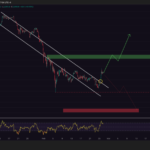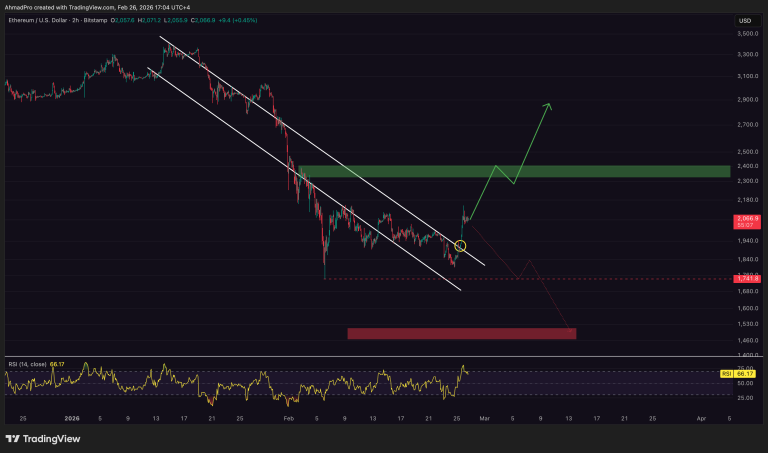
The government brought in a record £194.4 billion through income tax, National Insurance and Capital Gains Tax (CGT) in the six months to August this year.
The figure was up by £5.4 billion on the same period last year in a stealth rise which was largely driven by the freeze on tax allowances introduced by the Conservatives in 2021 and adopted by the new Labour government.
However, finance industry experts warn that this could be just the tip of the iceberg amid fears of changes to CGT and hikes in Inheritance Tax which are set to lead to “horror tax bills”.
The freeze on tax allowances means more workers are being pulled into paying tax – and higher tax brackets – as their incomes have risen since 2021.
The policy known as “fiscal drag” means that, even without any changes in the headline rates of income tax, workers are losing a much bigger chunk of their income for every year that the freeze, which is due to run until 2027-28, remains in place.
And the tax take would have been higher still if the last Conservative chancellor, Jeremy Hunt, had not reduced the level of NI on incomes from 12 percent to 8 percent.
Helen Morrissey, head of retirement analysis at investment experts Hargreaves Lansdown, said: “The tax take continues to rise with receipts for income tax, National Insurance and CGT rising £5.4bn from where they were at the same point last year.
“When you factor in that National Insurance rates have actually been cut back quite substantially in recent times it makes you wonder about how much bigger the tax take could have been.
“It does, however, show the impact of frozen tax allowances in steadily increasing the amount people have to pay. Unless the government decides to end the freeze we’ve got several more years of this stealthy tax grab to deal with.”
She said that while Labour Chancellor Rachel Reeves has ruled out increasing the headline rates of tax on working people, such as income tax, NI and VAT, a number of other hikes are in the pipeline, including, for example, to capital gains tax.
Ms Morrisey said: “Inheritance tax also looks likely to be in the government’s sights.
“When compared to others the tax take isn’t huge, but it could be boosted substantially. In addition to tweaks around nil rate bands and gifting allowances we could see moves to make the money in pensions subject to inheritance tax.
“This would bring it into line with other products such as ISAs but would be a blow to anyone planning to pass on their pension wealth to other family members.”
She warned: “It would spur people to spend their pension while they are still alive whether that be through more gifts to loved ones or through extra spending which of course can boost the income tax take even further. At this point rumours continue to swirl as to what the Chancellor’s plans are.”
Sarah Coles, head of personal finance at Hargreaves Lansdown, said: “The giant HMRC tax machine is churning out billions of pounds for the government, and there’s every chance it’s going to move up a gear after the Budget changes are introduced.
“Some people might look at rising tax receipts and think of the squeeze on taxpayers, but that doesn’t tend to be how the government works. It’s more likely to think that if they squeeze a bit harder, they might be able to extract even more of our money.”
She added: “Capital gains tax may well be in the frame, with rumours that the government could effectively double the rate or change the rule that means gains are set to zero on death. Both would officially qualify as wealth taxes, which people associate with the very well off, but both could mean a horror tax bill for anyone who has invested carefully throughout their lives outside an ISA or pension.
“They need to consider the consequences of any change, especially if it encourages people to sell up early to escape the tax trap, hang onto the wrong investments for tax reasons, or just avoid investing altogether.
“Investors should also consider how it could affect them, and if they haven’t used their ISA allowance for this year, whether they can use the share exchange (Bed and ISA) process to move some of their investments into a more tax efficient home.”
Ms Coles warned: “There’s also the chance inheritance tax could face changes. There’s an awful lot on the table here. It includes changes that risk a major backlash – like shrinking nil rate bands, changing rules about leaving assets tax-free to spouses or reconsidering larger gifts and when they leave your estate for tax purposes. It also includes smaller tweaks to some of the rules like business property relief which might affect fewer people and create less of a furore but are still worth getting to grips with.
“If you’re worried about inheritance tax, and you were planning to give your family gifts soon anyway, it may make sense to do so before the Budget, while you know where you stand. However, there’s a vital balance to strike here, so you’re not forced into taking steps that don’t suit you, purely because you’re worried about tax.”


















